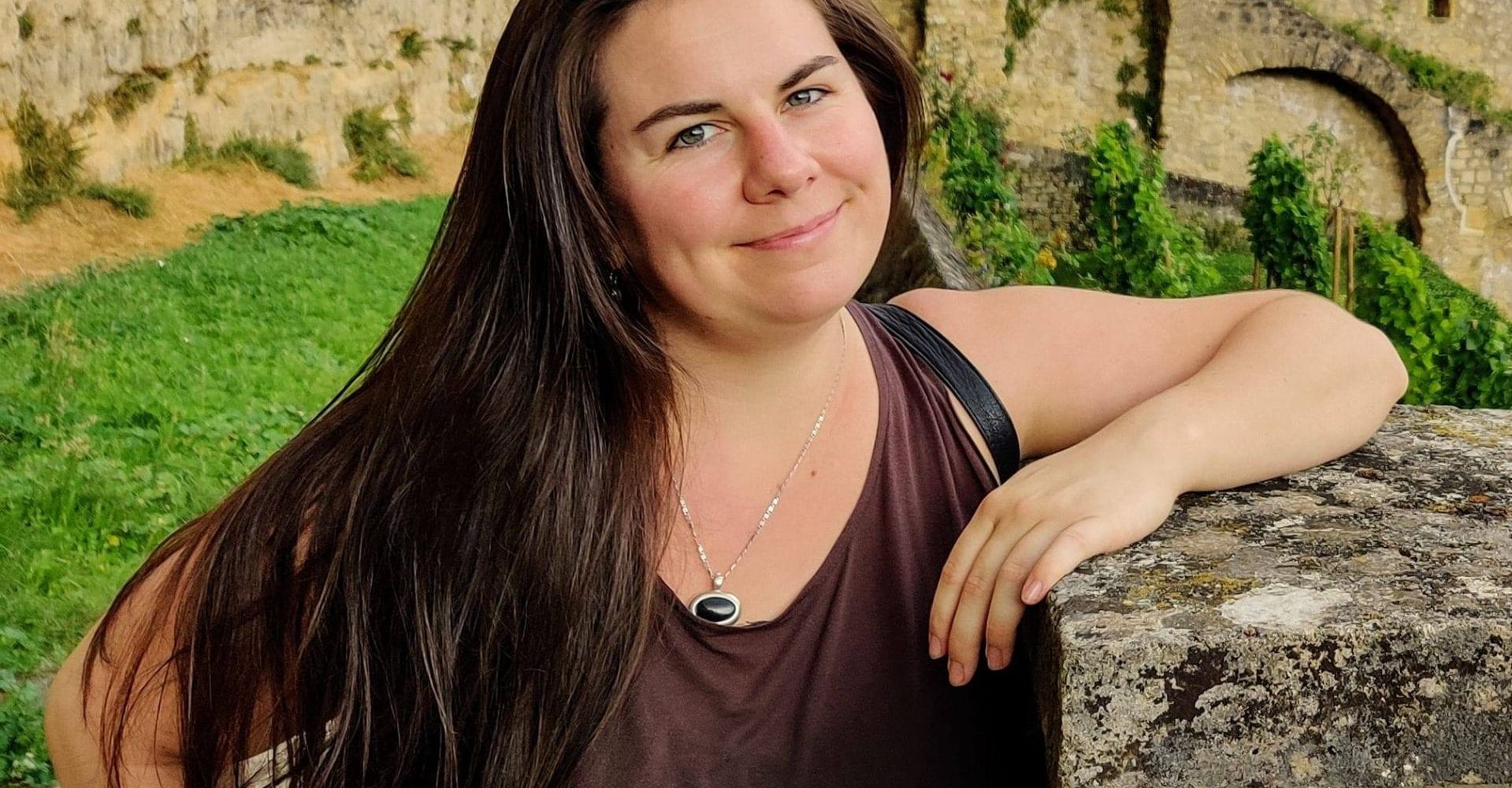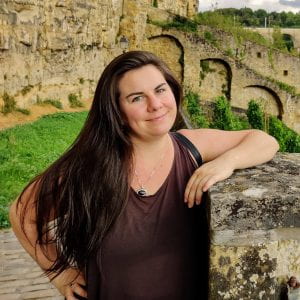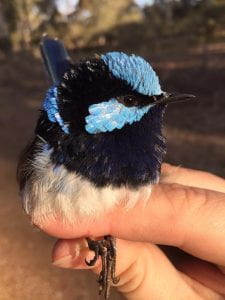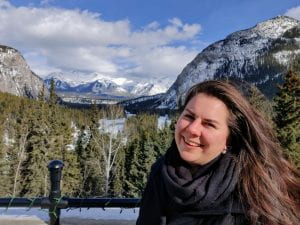
Feature Friday: Amy LeBlanc and BioVox

This Feature Friday, I want you to meet Amy LeBlanc, former student, science communicator and Chief Editor of the international news platform BioVox.
“I completed a Master of Science in Zoology at the University of Melbourne, with a research project focused on female birdsong. I was studying a small charismatic species called a superb fairywren and my research involved a lot of field work, crawling through bushes with a big fluffy microphone. I learned so much during these years, with the most important insight being that, although I loved science, actually conducting research was not my thing. I had been interested in science ever since I was a child, but when it came to academic work, I realized that I don’t have the fine focus you need to be a researcher. I am much more of a generalist: I am interested in knowing a little bit about a lot of things.”

During her Masters, Amy faced the age-old question: how do I stay involved with science without being a researcher?
“I was very fortunate to be studying at the University of Melbourne at the time, where the incomparable Dr. Jenny Martin was running several Science Communication subjects. I enrolled in one of her classes and immediately felt everything click into place. Science communication offered me everything I was looking for: constant exposure to new and interesting research; interaction with the amazing diverse people behind the studies; and an environment of continual learning and curiosity. I was hooked!
Amy made her way through a number of science communication mediums through various subjects at the University of Melbourne and freelancing on the side. She tried out teaching, presenting, art and even a stint on radio, but what really appealed to her most was science journalism.
In 2017 she moved to Belgium, where she found a job working at a company called Turnstone Communications, which is a consultation agency for life sciences companies and institutions. Turnstone sponsors a non-profit news platform called BioVox, which shares insights in life sciences news from both industry and academia.
“I have a dual role with both organizations. Through Turnstone, I support the communication efforts of companies, ranging from small biotech startups through to major international pharmaceutical companies. My work can be anything from creating a new website, to writing a press release, to social media management or developing a strategic communication plan. At BioVox, my job is very different. I am the Chief Editor of the platform, so I spend my time selecting topics for upcoming newsletters, conducting interviews, and writing and editing articles. I’ve interviewed some of the world’s leaders of biotech and life sciences, both in academia and industry, and am constantly learning new and amazing things about the world we live in. The thing I love most about my job is that it is a constant learning experience. With every new client or article topic, I get to dive into a field I’ve never before explored. It is challenging, but incredibly rewarding.”
BioVox focusses mainly on the life science work happening in Belgium, but has an international audience, with readers most often from Europe and North America, and an email subscription list of 16,000 people from across the globe!

For Amy, science communication is not just a perfect fit for her interests, but also a passion.
“I think science communication is extremely important. Public trust in scientists and understanding of scientific topics is key to human health and happiness. For a long time, science “communication” was limited to experts spouting facts and figures. We now know that doesn’t work: people respond much better to storytelling, relatable narratives and metaphors than they do to raw information. However, the skills to turn science into stories are not innate. They need to be learned and practiced, meaning professional science communicators have an important role to play alongside the researchers themselves, as communication guides and supporters. This happened to be a perfect fit for me, as I am passionate about science but much too much of a generalist to dedicate myself to research. Science communication lets me stay involved with cutting-edge science while constantly learning about new topics and lets me share my excitement over new discoveries with the world.”
You can Tweet Amy at @amylebird, or BioVox at @BioVoxBelgium.
– Written by Rosie Arnold
Categories